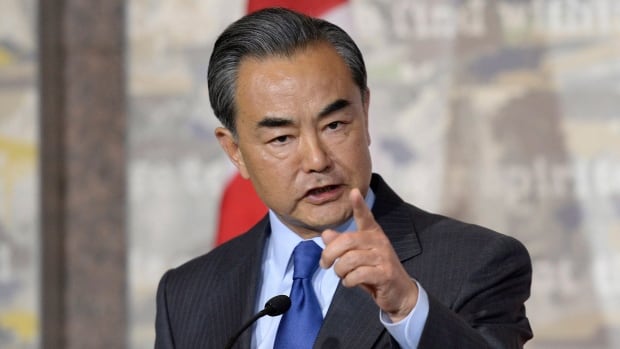China Slowly But Surely Being Replaced In Global Supply Chain

A robot arm helps pack components in a traditional manufacturing facility in Taicang, East China’s Jiangsu Province on Tuesday. Many robots acquired in recent years in the city amid industrial upgrades have been put into use since work resumed after the Spring Festival holidays.
Nearly all Economic Experts have begun advising their Governments and multinationals companies to diversify their supply chains away from China and into India, SAARC countries less Pakistan and Southeast Asia. All now accept the fact that the coronavirus outbreak will lead to reshape global supply chains where China has to be decoupled.
The massive disruptions caused by the outbreak has now shown the downside of China’s supply chain dominance. This dominance will now not remain intact for long and is already giving way to others.
If anything, the epidemic has made the world fully aware of the pitfalls of placing its reliance on China. McKinsey had rightly said in its 2019 China and the World report, reflecting on China’s rise to a leading trading nation and the rest of the world becoming dangerously more exposed to China. China’s share of the global goods trade increased from 1.9 percent in 2000 to 11.4 percent in 2017. China became the largest export destination for 33 countries and the largest source of imports for 65 countries. Now this kind of dependency has begun playing havoc with the entire world economy.
Forget countries like Australia, even the US which had earlier taken steps to break dependency is suddenly finding it tough to decouple from China though now it must take steps for an immediate break. The coronavirus outbreak would speed up a China-US decoupling more than the trade war, as businesses need to think about their supply chains for the long run.
As the US is now also facing the threat of a coronavirus epidemic, the rhetoric, which attempts to cut China out of US supply chain, will start increasing out as Americans are now more concerned about the insufficient supplies of everything from medical goods to daily necessities will look towards India and other Countries.
As for business, companies will leave China nit simply for medical reasons but also political reasons as others will start offering comprehensive manufacturing chain better than China. South Asian countries and South East Asian countries are currently most suitable to handle an industrial transfer in terms of infrastructure, number of workers and technology.
Though China is gradually recovering from the disruption caused by the outbreak, with great efforts being made to bring its factories back to normalcy it will take a very long time. Even with the production of some key products resuming and in spite of China strengthening communication and cooperation with its trading partners to soften the blow to global supply chains, things will not return to earlier state. No one is now going to make the mistake of putting everything in one basket. It thus makes more sense for multinationals to decouple from China instead of waiting for China’s return to normalcy, which itself may take a few years.
In the globalization era, there no country should be able to control another’s industrial chain. Any trade pact between two economies’ supply chain cooperation must be mutually beneficial and win-win; but not over dependent on one another.
The outbreak of the deadly coronavirus has thus pushed global retailers to rethink their supply chains, which have been heavily reliant on China, and this could accelerate the ongoing trend of shifting most production away from China.
The shift in production] is not about trade war or the epidemic. It is an inevitable eventuality because now every one has realized the danger of over dependency on Labour force of just one country. in At the same time labour in China will now be more expensive and companies will have to relocate low-end labor-intensive production to other places.



